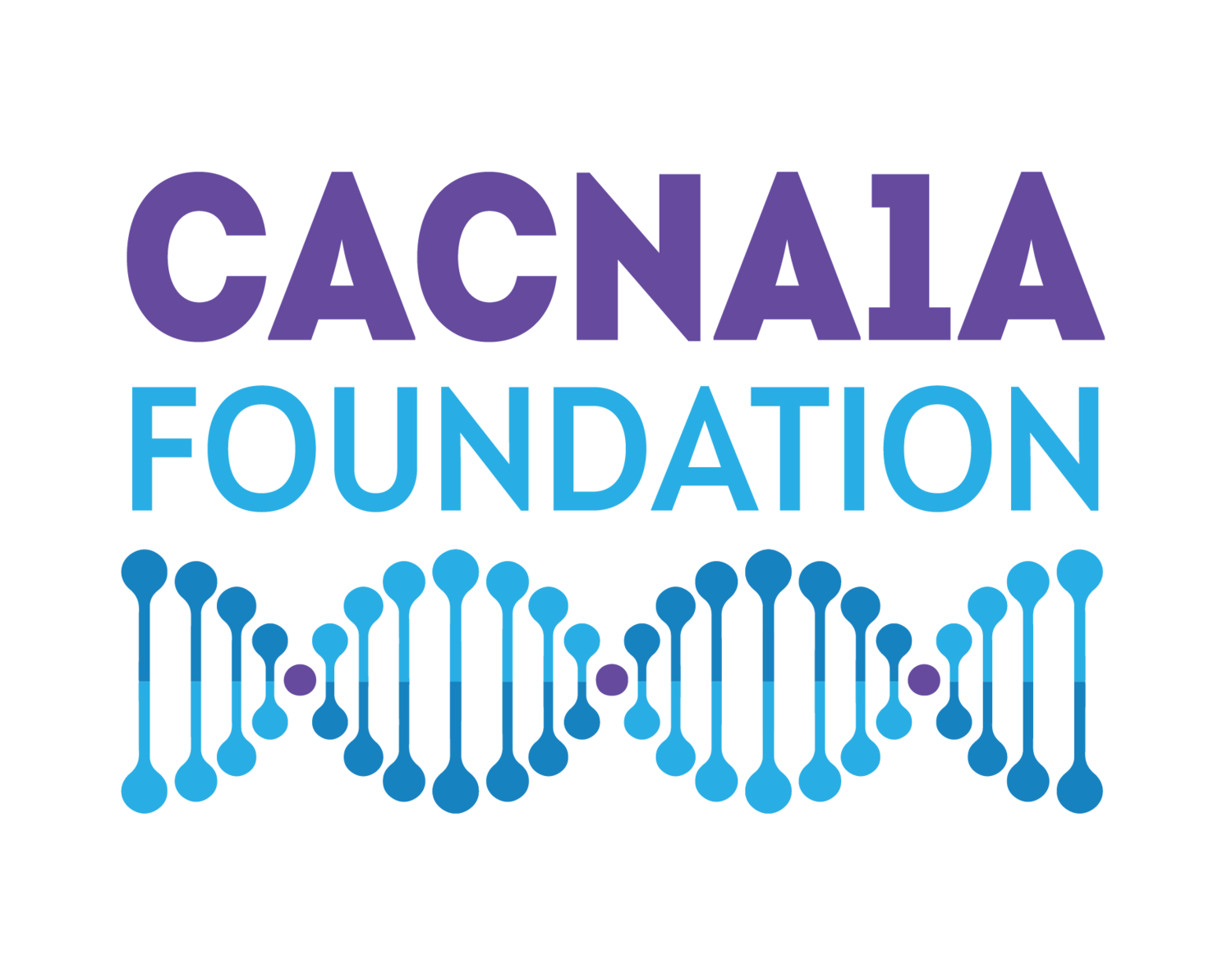Natural History Study
What is it?
A natural history study collects real-world data from patients that is essential for research. It focuses on describing the features and evolution of a disease, and is both retrospective and prospective, collecting data from patients throughout their lifetimes.
Why is it Important?
The data is used to:
Identify Research Needs
Connect with Patients
Inform Drug Development
Develop Standards of Care
Potentially Replace Placebo Arms in Clinical Trials.
After you sign the consent, you will get a second email from “Redcap Irving.” Check your spam folder - This email contains the Natural History Study questionnaires.
Confused by the sign-up process? Click the purple button below to hear Dr. Wendy Chung explain the consent process, how to fill out the questionnaires, and the importance of the study:
Still confused? Or have additional questions?
Please send an email to our coordinator at Boston Children’s Hospital - ASCENDstudy@childrens.harvard.edu
CACNA1A Path to a Cure Step 1: Find Patients
We have partnered with the Chung Lab to conduct a natural history study on behalf of all those with CACNA1A-related disorders.
Wendy Chung, MD, PhD is an ABMG board-certified clinical and molecular geneticist with over 20 years of experience in human genetic research of monogenic and complex traits. She has extensive experience mapping and cloning genes in humans, and describing the clinical characteristics and natural history of novel genetic conditions and characterizing the spectrum of disease, and developing tailored care and treatments for rare genetic diseases.
In July 2023, Dr. Chung joined Boston Children’s Hospital as Chief of the Department of Pediatrics, the Mary Ellen Avery Professor at Harvard Medical School and President of the Children’s Hospital Pediatric Associates. We are in frequent contact with Dr. Chung and her lab and have been assured that this transition will not impact our community. She is also the Director of Clinical Research at the Simons Foundation and leads the Simons Searchlight study for neurogenetic conditions. Dr. Chung directs NIH-funded research programs in human genetics of birth defects including congenital diaphragmatic hernia, congenital heart disease, and esophageal atresia, autism, neurodevelopmental disorders, pulmonary hypertension, cardiomyopathy, obesity, diabetes, and breast cancer. She will be maintaining an appointment at Columbia University, where up until moving to BCH, she led the Precision Medicine Resource at the Irving Institute at Columbia University.
She has authored over 400 peer-reviewed papers and 75 reviews and chapters in medical texts. She was the recipient of the American Academy of Pediatrics Young Investigator Award, the Medical Achievement Award from Bonei Olam, the New York Academy Medal for Distinguished Contributions in Biomedical Science, and the Rare Impact Award from the National Organization of Rare Disorders.
Dr. Chung is renowned for her teaching and mentoring and received Columbia University’s highest teaching award, the Presidential Award for Outstanding Teaching. She received her B.A. in biochemistry and economics from Cornell University, her M.D. from Cornell University Medical College, and her Ph.D. from The Rockefeller University in genetics.


